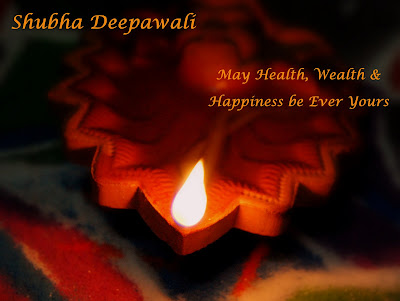Rumours kept trickling in. It was suspected that she had been shot at by two Sikhs, members of a then hostile community, easily identifiable by the characteristic turbans they all wore.
Even a thirteen year old me knew the consequences of not nipping that piece of news in the bud, but how can a government deny something it never declared in the first place.
By the time school got over at the scheduled time, the riots had started. Since our school bus was owned and driven by members of the Sikh community, the service was abruptly cancelled, and we were left to fend for ourselves. We took turns to use the school phone to call home, and even after many false tries was not able to do so. I knew my mother would eventually call my father to tell him I had not arrived, and that he would come to school to fetch me, but I also knew that could take a few hours. With many others, I settled myself to wait.
“Anybody here living in Gariahat?”, the watchman shouted.
“I live close to Gariahat!” I jumped up.
“These two men say they will take you till Gariahat”, the watchman informed. “Do you want to go with them.”
The men were total strangers to me and to everyone else, but without a second through, I climbed on to their motorbike.
“I live a little beyond Gariahat”, I told them when we were half-way home. “But you can drop me off there, and I will walk the rest of the way home.”
“Not a problem”, the man replied. “We’ll drop you home.”
They did, and my mother was so relived to see me, she didn’t even ask how I had come till I volunteered the information. After my father got home, we discussed the incident, and concluded that the men were not exactly good Samaritans- they had picked me up because they knew the chances of their motorcycle being attacked was much less when they had a child in a school uniform with them.
Thinking back, I shudder at my foolishness. When the city was up in flames, would not the prudent thing have been to wait for my father, even if it took time before he got to school. Had a mob set on me, would the men have offered me any protection. They were not even going all the way home – did I seriously think I could safely walk a couple of miles in a riot torn city all on my own?
They could have also been kidnappers, child molesters, rapists or anything else. But my life had been so sheltered I had not even considered any of those things.
Today, if my sons' school bus is a couple of minutes late, the call from their Daycare sets off a domino reaction of panic. I have the school bus conductor's phone number on speed dial, and still worry. How did people cope all those years back? Especially without mobile phones?
Indira Priyadarshini Gandhi
(19 November 1917 – 31 October 1984)
Requiescat in pace
(19 November 1917 – 31 October 1984)
Requiescat in pace
































